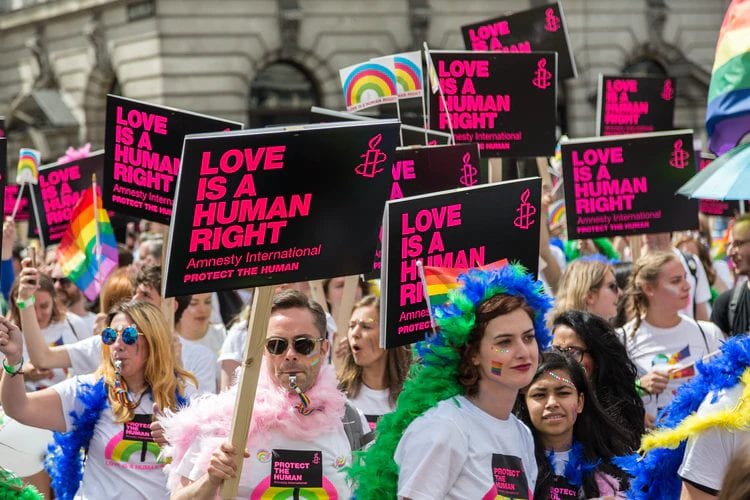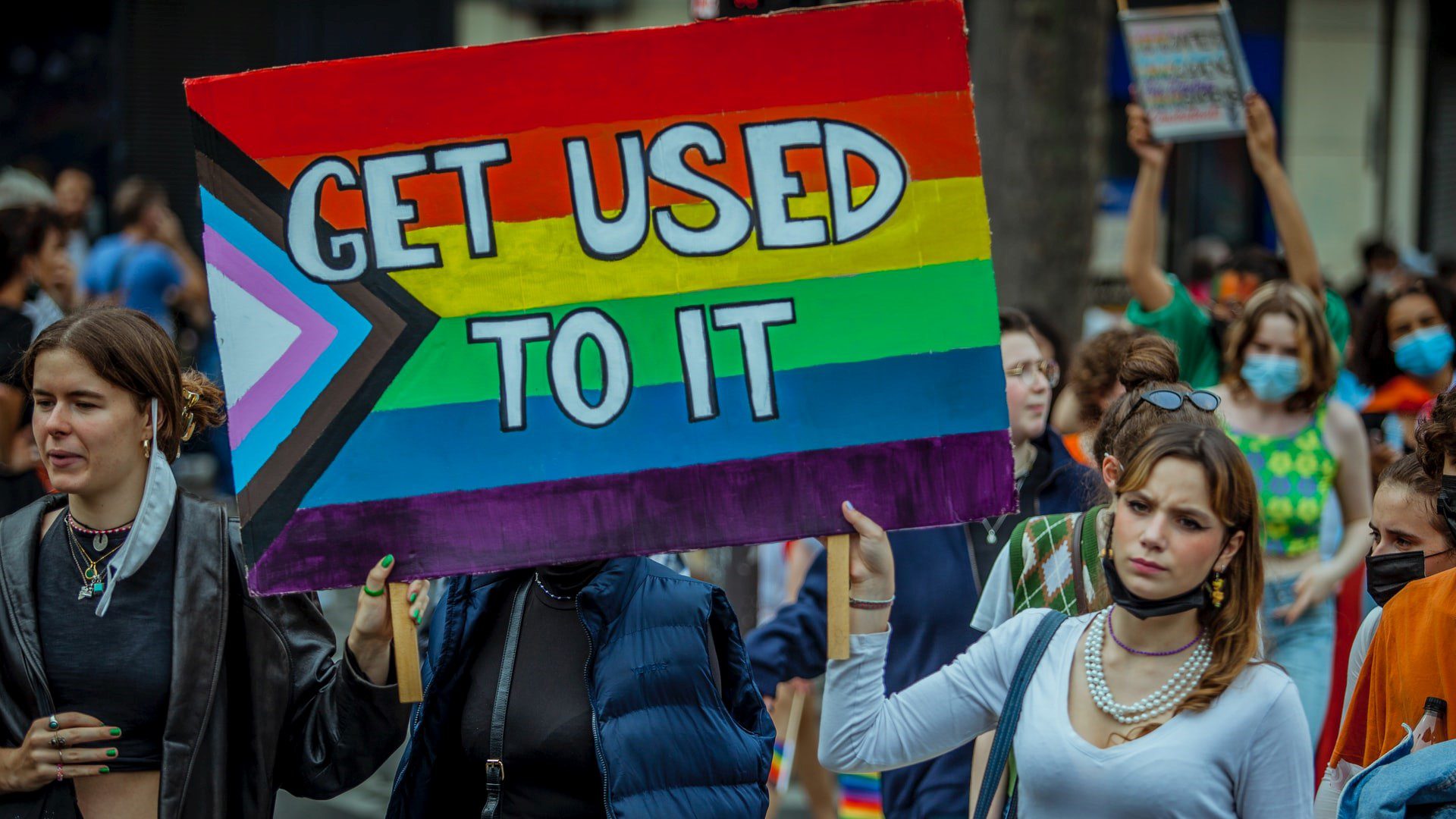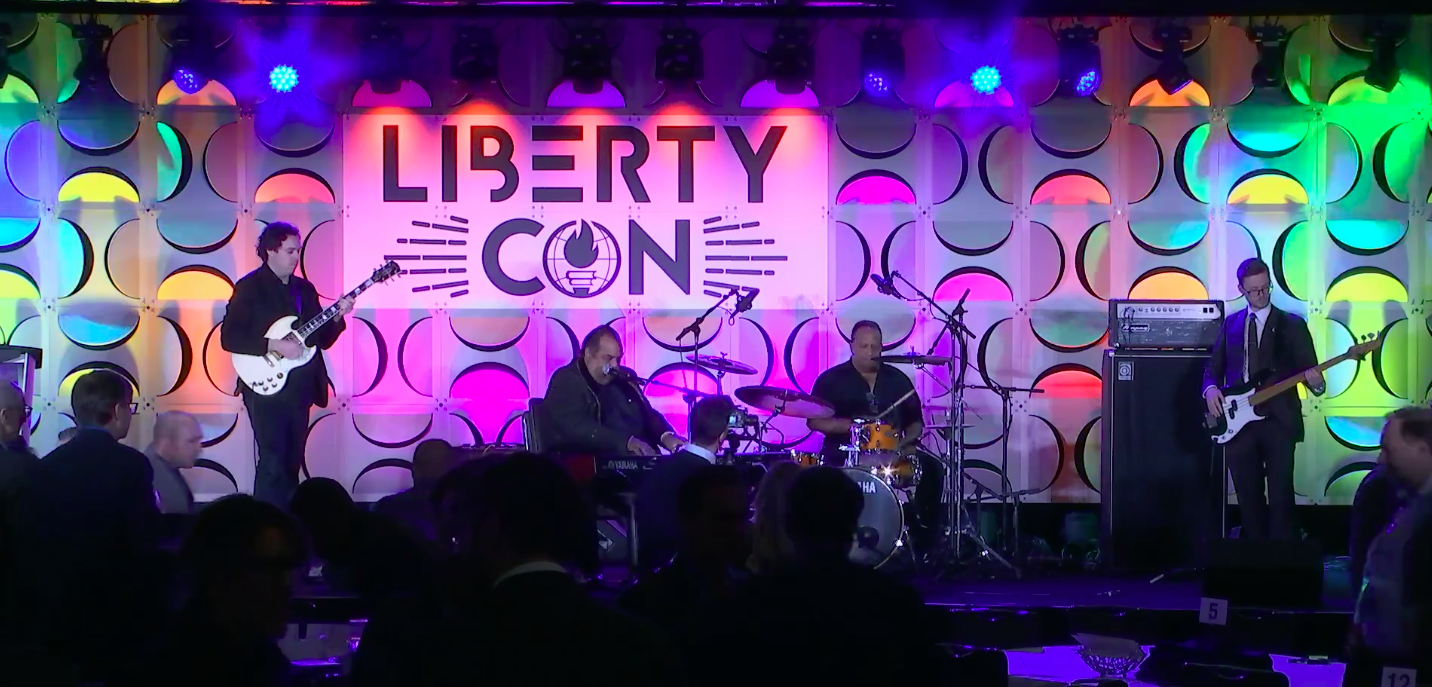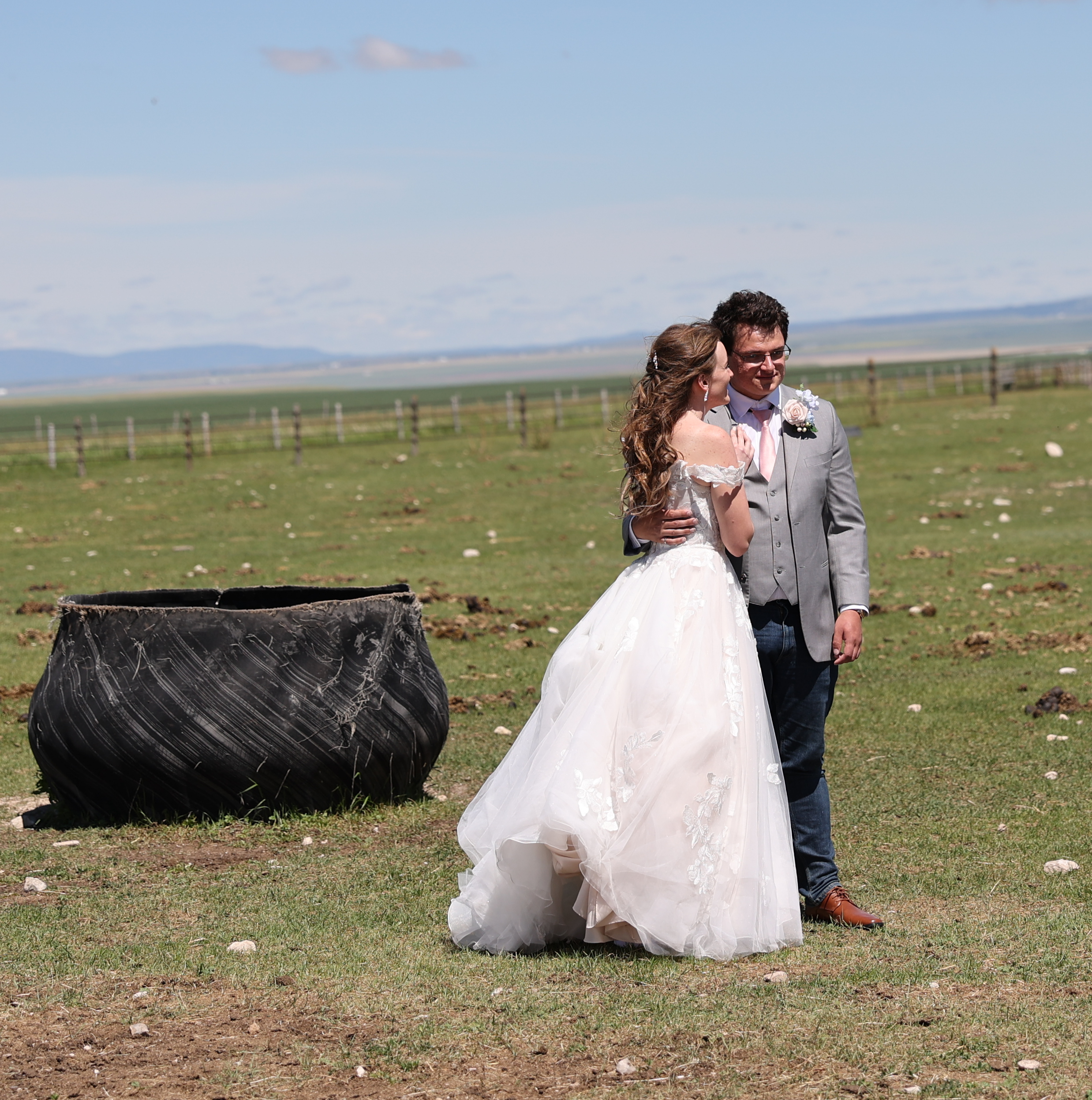LGBTQ activists and allies should cease their pursuit of so called “equal rights”, and more consistently take up the cause of liberty. This is because, contrary to popular belief, they are not actually primarily interested in “equal rights” so much as freedom.
Words like “equality” and “equity” get thrown around while they mean different things to different people. This language can disguise what the goals of liberation should actually be.
Equal rights is a loser’s game
A classic example of this dichotomy was at the 2013 International Students For Liberty Conference. An episode of the Stossel Show was filmed, where John Stossel interviewed conservative media pundit Ann Coulter.
One attendee, a self-described gay Republican, asked something to the effect of “why don’t you support equal rights for homosexuals?” Coulter responded something to the effect of, “I do. I think anyone should be able to marry someone of the opposite gender.”
Anyone who supports gay rights should find this comment thoroughly enraging. Coulter’s logic states gay people have equal rights to straight people in the sense the law gives exactly the same marriage rights to gay people as it does to straight people. Straight people are just as limited in their freedom to engage in marital relations with people of the same gender as gay people are.
The difference is that straight people generally don’t see the need to act outside of the rights they’re permitted, whereas gay people obviously do.
What LGBTQ activists really want is the ability to determine our identities as we see fit without fear of physical or economic violence. Our self-determined identities might include our sexual orientation, or marriage status.
We shouldn’t beg the state for breadcrumbs
Admittedly, marriage status, as defined by the state, does include positive liberties in addition to negative freedoms. However, there are also negative marriage rights that she identifies, that gay couples are not privy to. For example, if a gay couple wants to jointly adopt a child, why does the state have the prerogative to stop them?
Provided everyone involved (the adopting couple, the child, and the guardians who are giving up the child) voluntarily agree to the gay couple becoming the new guardians of the child, there is no reason for the state to interfere.
These arguments over what exactly are the rights of marriage are, however, secondary. What is most important is the underlying goal of self-determination. Even if a state promotes heteronormative marriage (empowered with resources taken by force, no less), or if everyone in the country votes to ban certain expressions of identity, LGBTQ allies know that that everyone morally should have the ability to identify and express themselves as they choose.
Even if something is determined democratically, it can still be morally unjust. If activists and allies only wanted “equal rights,” we would need to follow the same logic as Ann Coulter and play the game of competing for state favors, something that is clearly unproductive. It is because we want to create our own individual identity without outside or state interference that we are naturally strong supporters of liberty.
The cause of libertarianism is about everyone’s right to be free
Moreover, freedom is a universal and relatable concept. If LGBTQ activists and allies want to grow our base, we should take up the cause of libertarianism as a whole. This would allow us to work with those who are most interested in freedom where it affects them most, while working directly towards our goal.
Fundamentally, this is about the improvement of our rights. It is the push for the recognition of everyone’s right to be free. Achieving equal amounts of freedom is different than achieving freedom, and it is the latter that LGBTQ activists and allies need in order to achieve the goal of self-determination.
To read more about LGBTQ rights, be sure to check out our cluster page by clicking on the button below.
Updated by Joseph Simnett
This piece solely expresses the opinion of the author and not necessarily the organization as a whole. Students For Liberty is committed to facilitating a broad dialogue for liberty, representing a variety of opinions. If you’re a student interested in presenting your perspective on this blog, send your piece to [email protected], and mention SFL Blog in the email subject line for your chance to be published and be seen!









